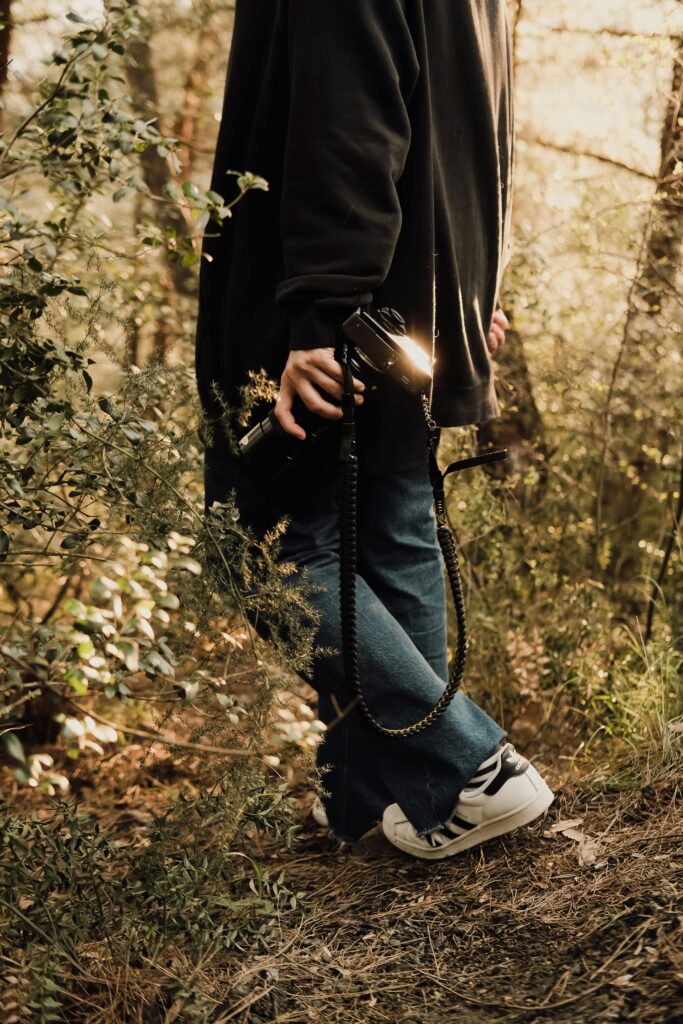Time Travel Paradoxes: Unraveling the Mysteries of Temporal Conundrums
you aren’t a tree

Time travel has long captivated the human imagination, inspiring countless stories in science fiction and provoking deep philosophical and scientific inquiries. One of the most intriguing aspects of time travel is the paradoxes it can create. These paradoxes challenge our understanding of causality, free will, and the nature of reality. This article explores some of the most famous time travel paradoxes and their implications.
The Grandfather Paradox
The Paradox Explained
The Grandfather Paradox is one of the most well-known and frequently discussed time travel paradoxes. It poses a hypothetical scenario where a time traveler goes back in time and kills their own grandfather before the traveler’s parent is conceived. This action would prevent the time traveler from ever being born, which raises the question: if the time traveler was never born, how could they have traveled back in time to kill their grandfather?

Implications
The Grandfather Paradox illustrates a fundamental problem with the concept of altering the past: it creates a logical inconsistency. If time travel to the past were possible, it could potentially create situations where events are both caused and prevented by the same action, leading to contradictions.
The Bootstrap Paradox
The Paradox Explained
The Bootstrap Paradox, also known as the Ontological Paradox, involves an object or piece of information that exists without ever being created. For example, imagine a time traveler who goes back in time and gives a copy of Shakespeare’s works to a young Shakespeare, who then uses them to write his plays. The paradox is that the works of Shakespeare have no clear origin; they exist in a closed loop of time travel.
Implications
The Bootstrap Paradox challenges our understanding of the origin and causality of information and objects. It raises questions about whether something can exist without an initial cause or creator, which defies conventional notions of linear time.
The Predestination Paradox
The Paradox Explained
The Predestination Paradox occurs when a time traveler’s actions in the past become the cause of events that lead to the same traveler traveling back in time. This creates a self-fulfilling loop where the time traveler’s journey is both the cause and effect of the same series of events.
Example
A classic example of the Predestination Paradox is the story of a man who travels back in time to save someone from a disaster, only to find that his actions inadvertently cause the very event he was trying to prevent. This paradox suggests that events in time are predestined and unchangeable, despite the appearance of free will.
Implications
The Predestination Paradox implies that time travel might not allow for the alteration of events, but rather reinforces the inevitability of a predetermined timeline. It challenges the concept of free will and suggests that any attempt to change the past might only serve to fulfill it.
The Many-Worlds Interpretation

The Theory
One proposed solution to time travel paradoxes is the Many-Worlds Interpretation of quantum mechanics. This theory suggests that every possible outcome of a quantum event actually occurs in its own separate universe. When a time traveler alters the past, they create a new branching timeline, or parallel universe, where the changes take effect, while the original timeline remains unaffected.
Implications
The Many-Worlds Interpretation provides a way to avoid paradoxes by proposing that changes to the past do not alter the traveler’s original timeline but instead create an alternate reality. This theory, while speculative, offers a potential framework for understanding time travel without the logical inconsistencies of traditional paradoxes.
Conclusion
Time travel paradoxes like the Grandfather Paradox, Bootstrap Paradox, and Predestination Paradox highlight the complex and often contradictory nature of altering the timeline. These paradoxes challenge our understanding of causality, free will, and the nature of reality. While they remain largely theoretical, exploring these paradoxes deepens our appreciation for the mysteries of time and the universe.
